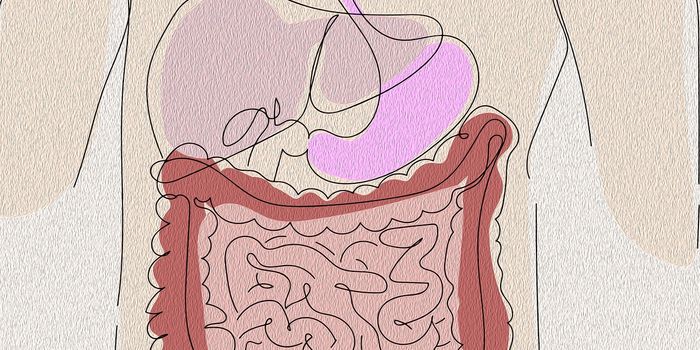Yin and Yang of Malaria
Does the timing of exposure to malaria as an infant affect the onset of disease later in life? A team of researchers at the Barcelona Institute for Global Health (IS Global) has identified a sort of yin and yang balance of cytokine immune modulators at two years of age that can protect against clinical malaria in early childhood.
Malaria is a mosquito-borne disease caused by a parasite. People with sickness often experience fever, chills, and flu-like illness. Left untreated, they may develop severe complications and die. In 2016 an estimated 216 million cases of malaria occurred worldwide, and 445,000 people died, mostly children in the African Region.
About 1,700 cases of malaria are diagnosed in the United States each year. The vast majority of cases in the United States are in travelers and immigrants returning from countries where malaria transmission occurs, many from sub-Saharan Africa and South Asia.
The effect of timing of exposure to first malarial infections during early childhood on the induction of innate and adaptive cytokine responses and their contribution to the development of clinical malaria immunity is not well established. For this reason, the team sought to determine what is happening.
In this study, Carlota Dobaño and her team evaluated whether the cytokines produced in the first two years after birth affect the risk of subsequent malaria. They also analyzed whether the timing of parasite exposure alters the cytokine response.
The study consisted of over 300 infants from Magrara in southern Mozambique. Of the 300 one cohort received preventative treatment while the others did not. Production of cytokines from the white blood cells was observed at various times until age 2. Clinical malarial infections were also recorded but until age 4.
The results show that a pro-inflammatory signature (IL-1, IL-6 and TNF cytokines) followed by an anti-inflammatory (IL-10 cytokine) signature between the first and second year of life is associated with a lower risk of clinical malaria between ages 3 and 4. "This makes sense, since IL-10 suppresses excessive inflammation," explains Dobaño.
The authors of the study share that it is essential for a balance -yin, and yang - of proinflammatory and anti-inflammatory cytokine signatures be present to provide clinical immunity during childhood.
Sources: Clinical Infectious Diseases, Science Daily, CDC, YouTube









